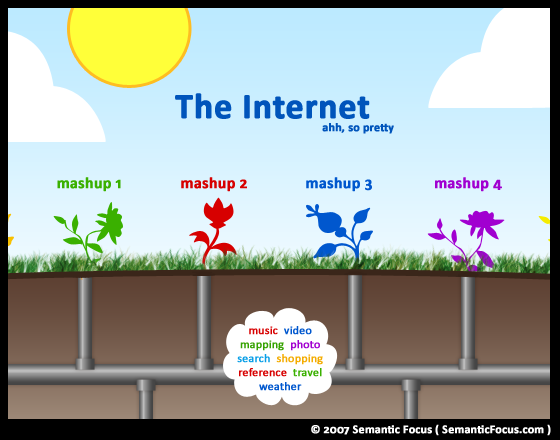Does the World Need a Metadata Extraction Service?
Published 17 years ago by James Simmons
The other day I was thinking, wouldn't it be interesting to see a site come out that essentially acts as a broker or mirror of metadata from other sites? You could go to this site, enter a URL and have the metadata from that page presented to you in clean, crisp XML. It would be even better if this was turned into a Web service and the API was free for anyone to use. I would imagine there would be quite a bit of mashing potential!
Continue reading Does the World Need a Metadata Extraction Service?




Recently Commented Blog Entries